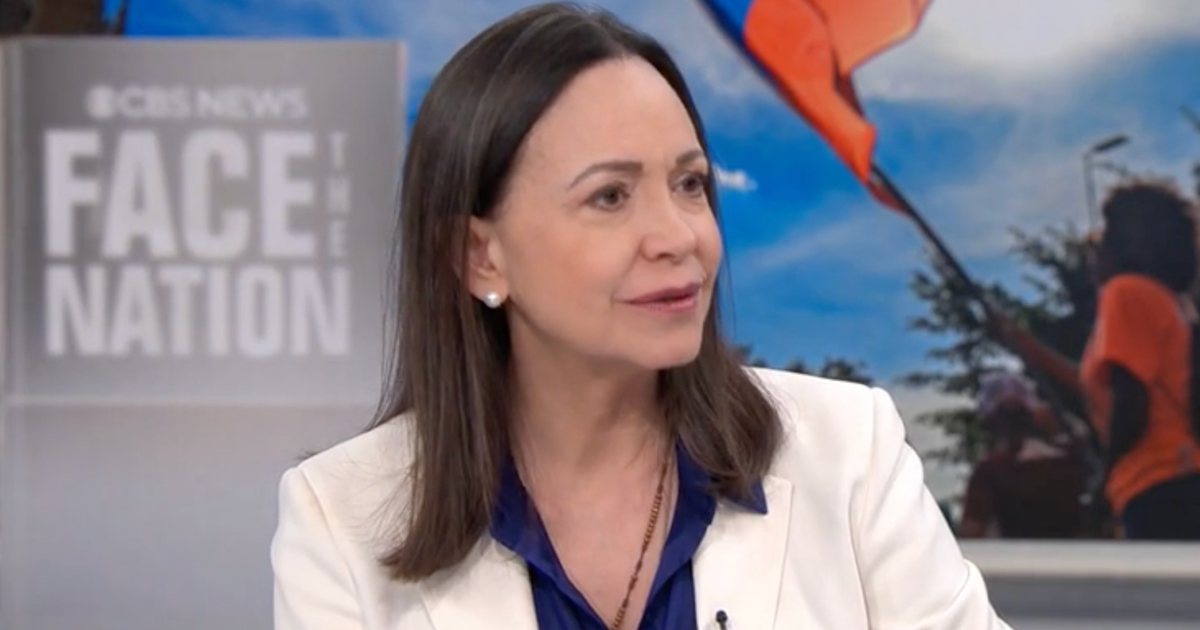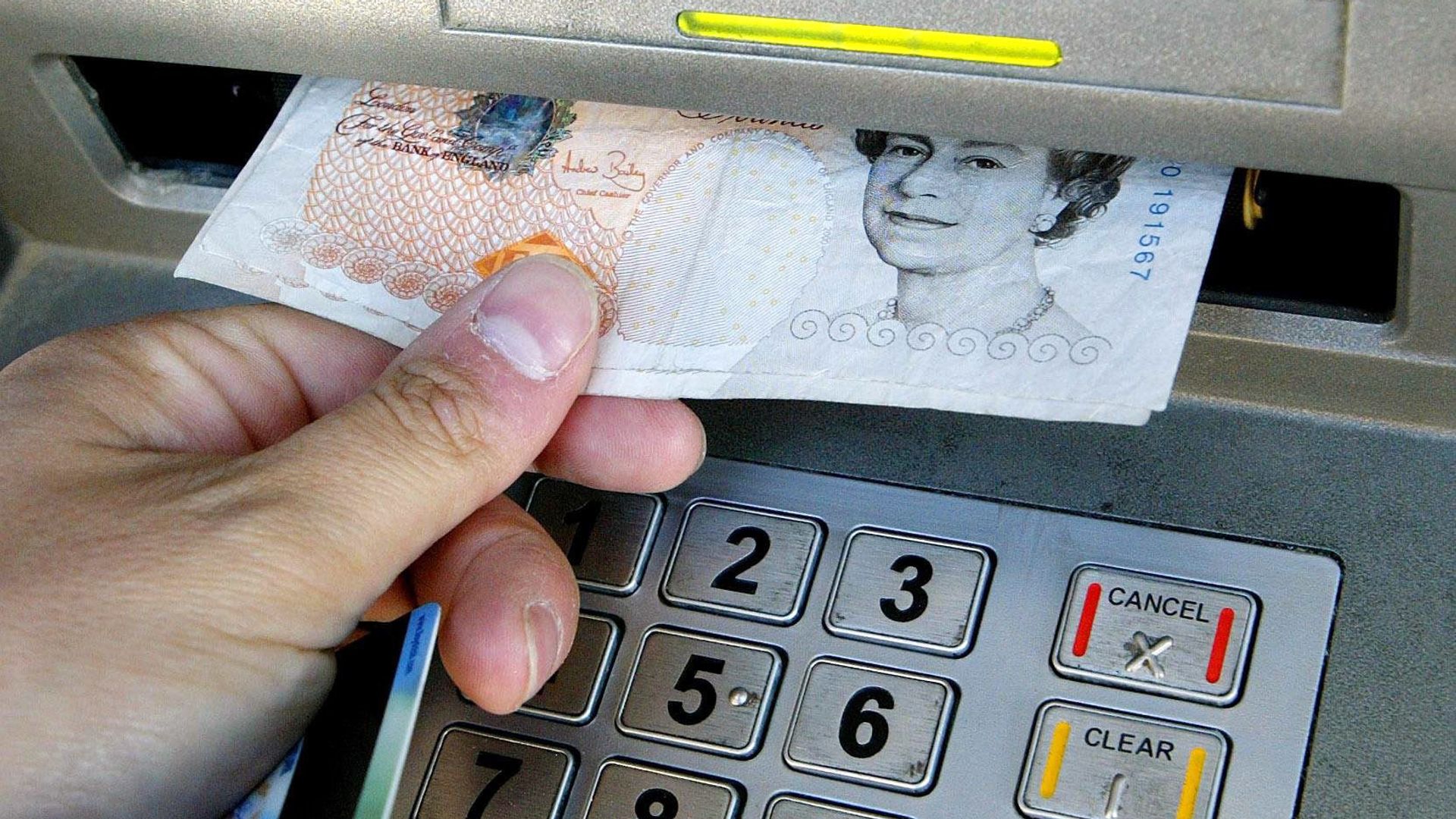
It was supposed to be “crypto week” on Capitol Hill.
Republicans in the House of Representatives had scheduled back-to-back votes this week on three bills supported by the cryptocurrency industry, a suite of legislation with the potential to cement crypto’s status as a cornerstone of mainstream commerce. There were crypto ads in major newspapers, crypto billboards at local bus stops across Washington and even crypto-themed chocolate bars in Capitol vending machines.
Then the industry’s plans started to unravel.
A coalition of ultraconservative House Republicans staged a mutiny on the House floor and voted to kill a procedural motion, demanding that lawmakers engineer a way to combine certain aspects of the legislation. A process meant to be a formality had thrust the House into chaos.
Now the crypto industry’s ambitious legislative agenda is in limbo. House Republicans had scheduled a final vote on the Genius Act, a key crypto bill that had already been passed by the Senate and appeared to be on a glide path to President Trump’s desk. It is no longer clear whether that legislation, which would create rules for a type of digital currency known as a stablecoin, will go to the House floor for a vote this week. An even more expansive bill, titled the Clarity Act and laying out an entirely new regulatory framework for crypto, also faces potential delays.
Both had been slated for votes alongside a third bill backed by the industry that would stop the U.S. government from issuing its own digital currency.
“It was a tactical mistake to put all these bills together,” said Zack Shapiro, the head of policy at the Bitcoin Policy Institute. “That was more about optics than about good policy and politics.”
The industry may ultimately get what it wants in Congress. Negotiations in the House were still underway on Wednesday afternoon, and the crypto world has some of the most powerful figures in Washington on its side. Mr. Trump is a vocal supporter (“HAPPY CRYPTO WEEK,” he declared on Tuesday), and his family is heavily invested in a rapidly expanding array of crypto ventures. Super PACs financed by the industry spent $130 million last year to influence congressional races across the country, giving top executives influence on Capitol Hill.

But the dysfunction this week showed the difficulty of securing legislation in a polarized Washington, even for a lobbying machine with the vast resources of the crypto industry.
At the heart of the debate was a push by some House Republicans to combine aspects of the separate crypto bills into a single piece of legislation.
In addition to the Genius Act and the Clarity Act, Republicans were scheduled to vote on the bill stopping the Federal Reserve from issuing its own cryptocurrency. Crypto investors have long objected to the creation of a “central bank digital currency,” arguing that it would raise privacy issues. But the threat is purely hypothetical. Nothing along those lines has ever been seriously proposed by a U.S. official.
Still, a group of Republicans that included Representative Marjorie Taylor Greene of Georgia announced on Tuesday that it would not support the stablecoin legislation without language banning central bank digital currencies, or C.B.D.C.s.
“House Leadership did not allow any amendments banning a C.B.D.C.,” Ms. Greene wrote on social media on Tuesday. “This should NOT be tolerated.”
Even an intervention from Mr. Trump did not resolve the impasse. Late Tuesday, he posted on Truth Social that he had met with the dissenting Republicans in the Oval Office, and that after a “short discussion” they had agreed to support the Genius Act.
But as of Wednesday afternoon, Republicans were still huddled in the House, trying to find a solution that would allow the bills to advance. Though the ultraconservative House Freedom Caucus said it had a deal to add language on C.B.D.C.s to the Clarity Act, the proposal drew backlash from other lawmakers who worried that any new provisions might imperil the bill’s chances in the Senate.
The crypto industry has pushed for legislation for years, seeking credibility in Washington. Its efforts picked up steam under Mr. Trump, after a series of expensive legal battles with federal regulators.
Under the Biden administration, the Securities and Exchange Commission argued that nearly all cryptocurrencies qualified as securities, like stocks and bonds traded on Wall Street, and ought to be regulated aggressively. In 2023, the agency sued three of the largest crypto exchanges — Coinbase, Binance and Kraken — launching a legal offensive that threatened the industry’s survival.
Coinbase and other firms responded by financing a network of super PACs to remake the political map by backing pro-crypto candidates in congressional races across the country.

At the same time, the crypto industry wooed Mr. Trump, a onetime Bitcoin skeptic, donating to his election effort and pledging to mobilize the industry behind him. Coinbase executives met with the Trump campaign as early as February 2024 to argue that crypto investors could become a significant voting bloc.
Crypto week in the House was supposed to be the industry’s crowning moment.
The Genius Act was closest to fruition. The bill would create a regulatory framework for stablecoins, a type of crypto designed to maintain a constant price of $1, and appeared poised to encourage more companies in traditional finance to start experimenting with digital currencies. Last month, the Senate voted 68 to 30 to pass the bill, drawing support from some Democrats. Mr. Trump has vowed to sign it.
The Clarity Act is more expansive, laying out rules for a vast universe of crypto investments. In effect, the legislation would rewrite the rules to prevent the S.E.C. from reviving its crackdown under a future president, according to industry analysts.
“If we’re going to be a next-generation digital economy, we have to have the ground rules set right,” said Faryar Shirzad, the chief policy officer at Coinbase. “Clarity is critical to making that happen.”
The industry has poured money into the legislative effort. To celebrate crypto week, Coinbase bought ads in The Wall Street Journal and The Washington Post and affixed digital screens to trucks circulating Washington, proclaiming support for crypto. The company also placed more than 5,000 of what it called “Clarity Act informative chocolate bars” in vending machines around the Capitol.
No one anticipated a Republican rebellion.
“This shouldn’t be that hard,” Paul Grewal, the chief legal officer at Coinbase, wrote on X on Wednesday. “These are the moments when we see who is worthy of the labels pro-crypto and pro-innovation … and who is not. Lots are watching and taking notes.”
The crypto industry is poised to continue fighting. On Tuesday, the industry’s network of super PACs announced that it held over $141 million in cash as the crypto world prepared an “aggressive, targeted strategy” for the 2026 midterms.
Sharon LaFraniere contributed reporting.











-3.png)



